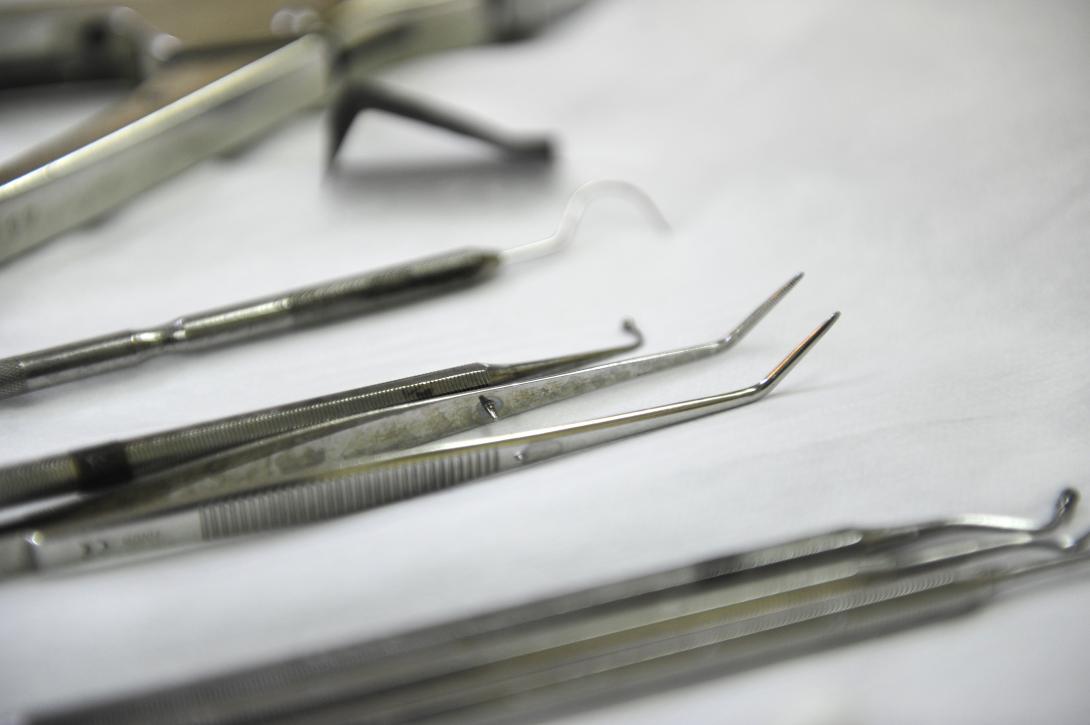
RAHC Dental Assistant Lily Lewington was recently interviewed for an article in the Health Scoop magazine (formerly Nursing Post). Below is the article that was published in the Health Scoop on 1/4/13.
All the small bits count and then we will start to see changes
It was during a gap year after graduating from high school that Lily Lewington first realised her passion for dentistry. Falling in to a job as a Dental Assistant, it was in her first week that she knew she was hooked.
“My first job was at the dentist surgery in my home town, Forbes,” Lily recalls. “It was here that I realised dentistry was the field that I wanted to work in for the rest of my life”.
“I undertook a two year traineeship which was on the job training as well as theory by correspondence and then worked for another year at the surgery once I had completed my study. I really enjoyed my three years but I felt that I had achieved everything that I could and that I needed to move out of my home town and experience new things.”
An advertisement in the monthly Dental Assistant newsletter that Lily subscribed to sparked her interest and within a matter of time she had applied for a remote Northern Territory placement.
“My first placement, in April 2010, involved visiting four communities in four weeks – I was thrown in the deep end but I really enjoyed it. A month went by and I really wanted to continue my work with Remote Area Health Corps (RAHC) so they found me another four-week placement and I haven’t looked back since,” Lily said. RAHC works closely with the Northern Territory Government Department of Health Oral Health (DoH) team to provide the placements.
“Being in a dental team you are always busy with work so you don’t really have time to think about being so remote and isolated. You’re busy doing your work and I really enjoy it as you feel like you’re helping the community.”
Before embarking on her first remote placement Lily participated in the RAHC cultural training.
“Our Indigenous cultural advisor Richard – he was just fantastic, really entertaining you could tell he was very passionate about his culture. I really enjoyed when they took us out on a walk and showed us the different aspects of the wildlife. I thought it was a great way to introduce us to the cultural aspects associated with the remote work,” Lily said.
“Working with RAHC has been fantastic. There have been a couple of times where things just don’t go to plan working remotely but every time something like that has happened I have never felt by myself or on my own. I always have their support on the phone or appropriate debriefing with DoH and RAHC when I get back to Darwin”.
“To anyone planning on going remote I would say to enjoy the experience, keep an open mind, open themselves up to the culture and don’t go in thinking you are going to make big changes just know that you are going to help in small bits”.
“I think people get a bit disappointed when they don’t see huge changes when they have been to the community. All the small bits count and then we will start to see changes.”
Working in remote communities has motivated Lily to go back to University and study public health. She is now doing this full time with the aim of moving into the Indigenous health sector.
“The biggest thing I have taken away from working remotely is my knowledge about Indigenous health. I am absolutely fascinated by their culture and working to deliver health outcomes in the community setting. I am trying to organise my uni timetable so that I can continue doing placements throughout my study. I don’t want to give up been able to go remote.”
“In the last three years I done 13 placements and visited 15 communities. My experiences in remote communities have directed me into indigenous health which I will continue to do forever.”
